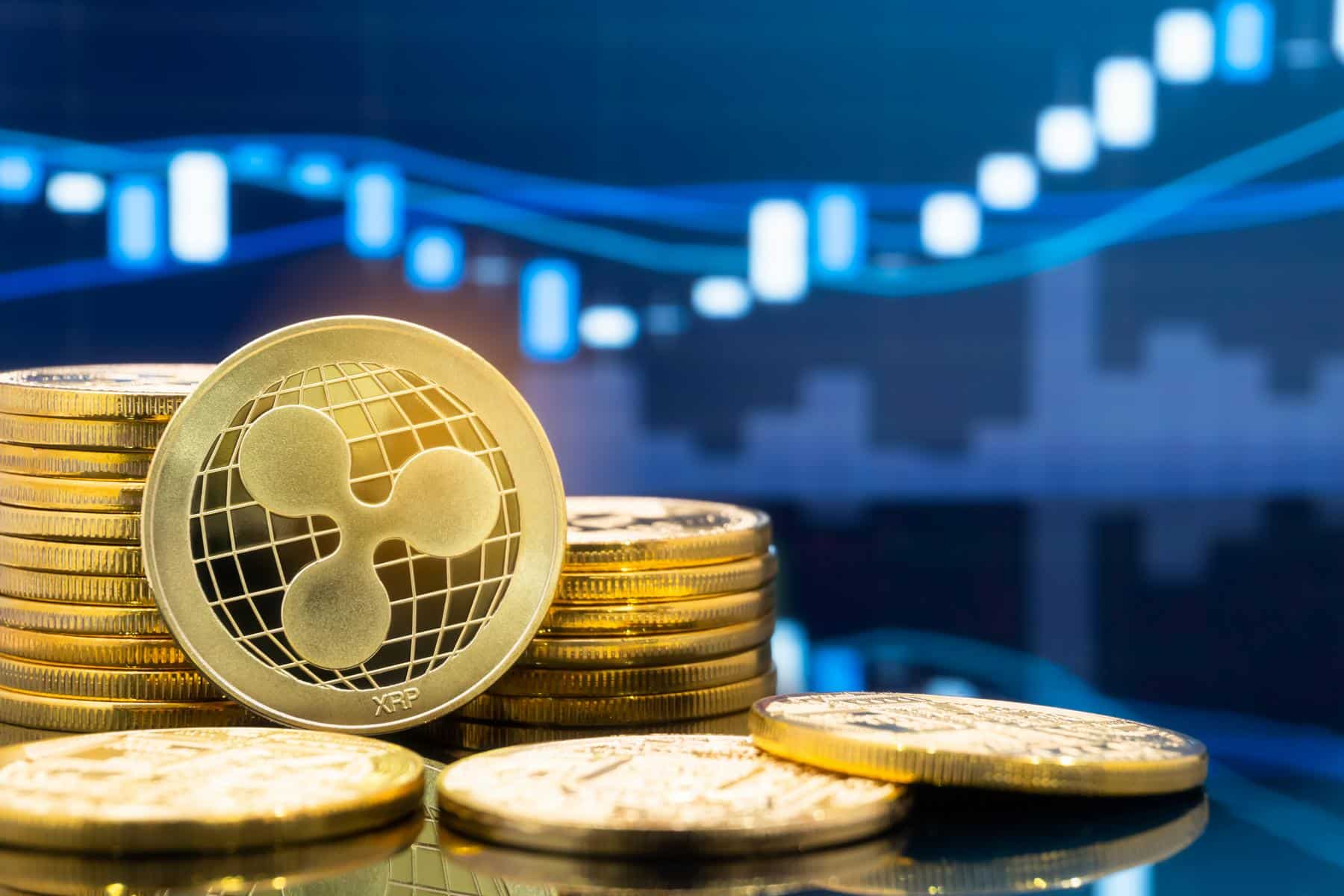- Ripple Labs takes key step with $285 million buyback, highlighting its strategic focus on corporate governance and control.
- The buyback strategy highlights Ripple’s resilience, offering an alternative to early stage investors and demonstrating flexibility in financial solutions.
Ripple Labs Inc. has taken a key step in its corporate strategy by announcing the repurchase of a $285 million stake from its investors and employees. The move, which is part of a broader $500 million strategy, includes the conversion of restricted stock units into common stock, Reuters reported.
Ripple’s Strategic Move
Ripple’s choice to reacquire stakes represents a significant milestone in its business strategy, with a particular focus on investor relations management and corporate dominance.
Under the terms of this buyback, investors will only be able to dispose of 6% of their shares, bringing Ripple’s valuation to around $11.3 billion. This move adds to the company’s thriving funding track record, which has managed to raise $293.8 million across 14 rounds since its establishment in 2015.
Ripple’s Strategy on Financial Restructuring
Ripple demonstrates its preference for internal financial reorganization rather than following the conventional path of an Initial Public Offering (IPO). By opting to buy back, the company secures greater control over its business operations, avoiding the complexities and regulatory demands associated with becoming a publicly traded company.
This decision takes on particular significance due to the uncertain regulatory environment in the United States, where Ripple is headquartered. Brad Garlinghouse, the company’s CEO, has confirmed that, despite holding more than $25 billion in crypto assets and more than $1 billion in cash, the company does not plan to go public with its IPO in the near future.
Ripple’s Resilience in the Face of Regulatory Challenges
Ripple’s journey has been marked by obstacles, particularly amid its protracted legal dispute with the U.S. Securities and Exchange Commission (SEC). Since December 2020, Ripple has been embroiled in a legal battle with the SEC, who alleges that the company conducted an unregistered security offering when trading XRP tokens.
A relevant event in this case occurred in July 2023, when Judge Analisa Torres ruled that XRP is not classified as a security in its programmatic sales on exchanges. However, it was considered a security when sold to institutional investors in financing rounds.ex
Despite the challenges, Ripple has evidenced resilience and expansion, as Garlinghouse emphasized by noting that 95% of the company’s customers are non-U.S. financial institutions.
The buyback strategy presents an alternative path for early investors, moving away from the more conventional route of an Initial Public Offering (IPO). This move underscores Ripple’s commitment to providing flexible and practical solutions for its stakeholders while navigating the complexities of the global financial environment.




















